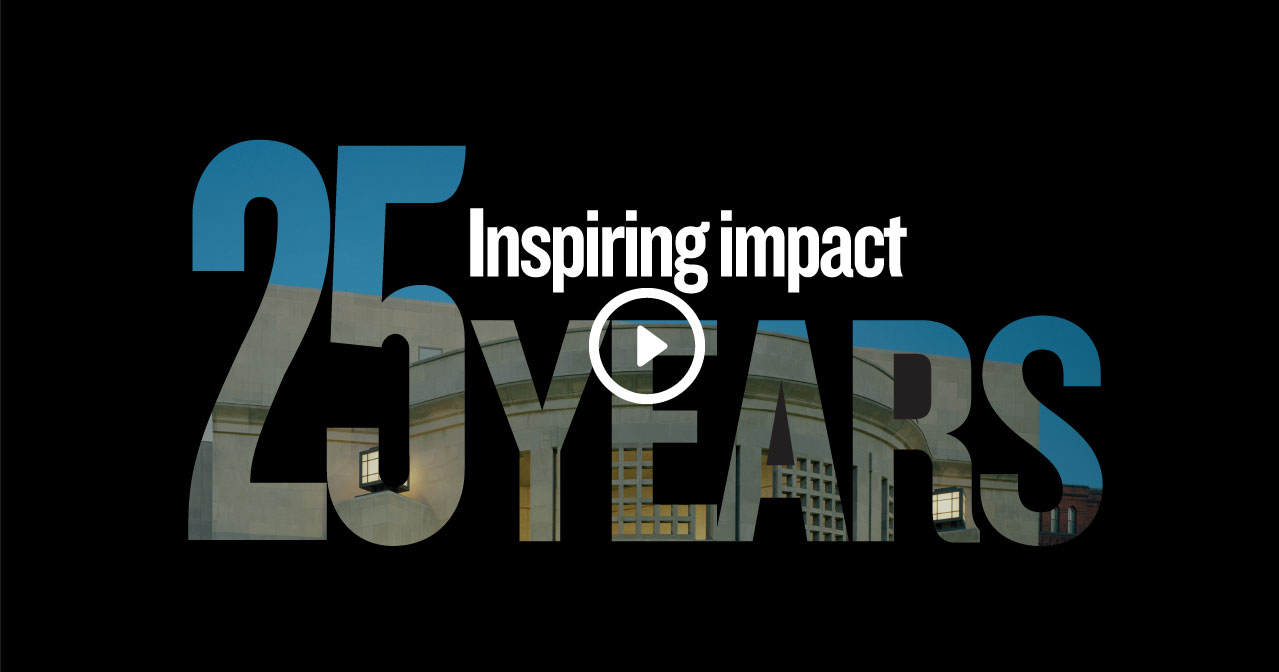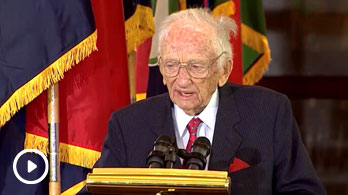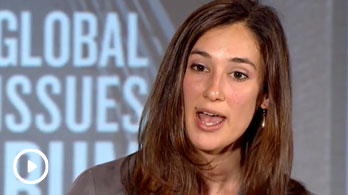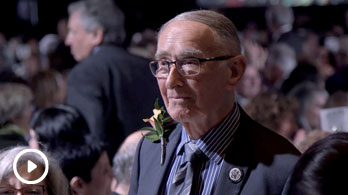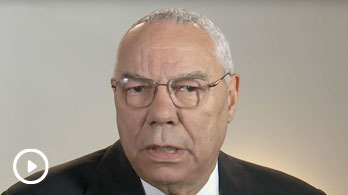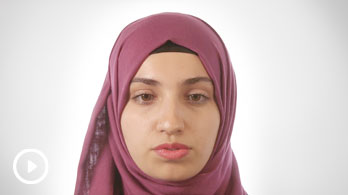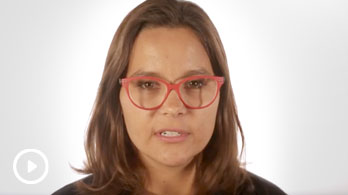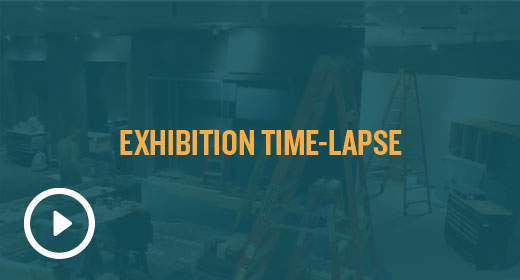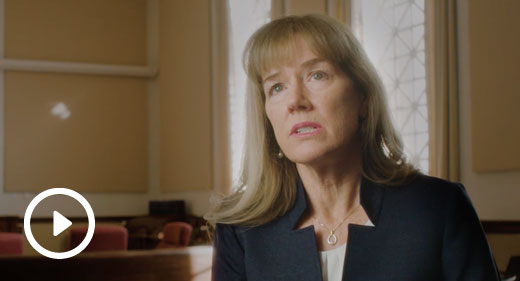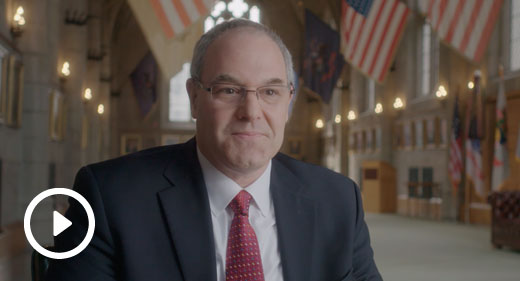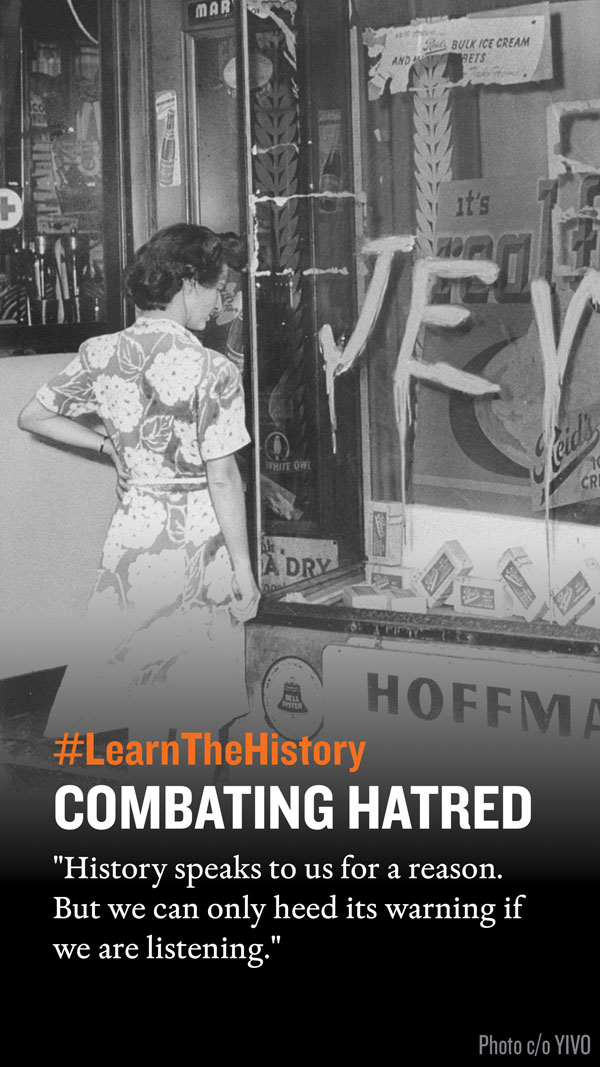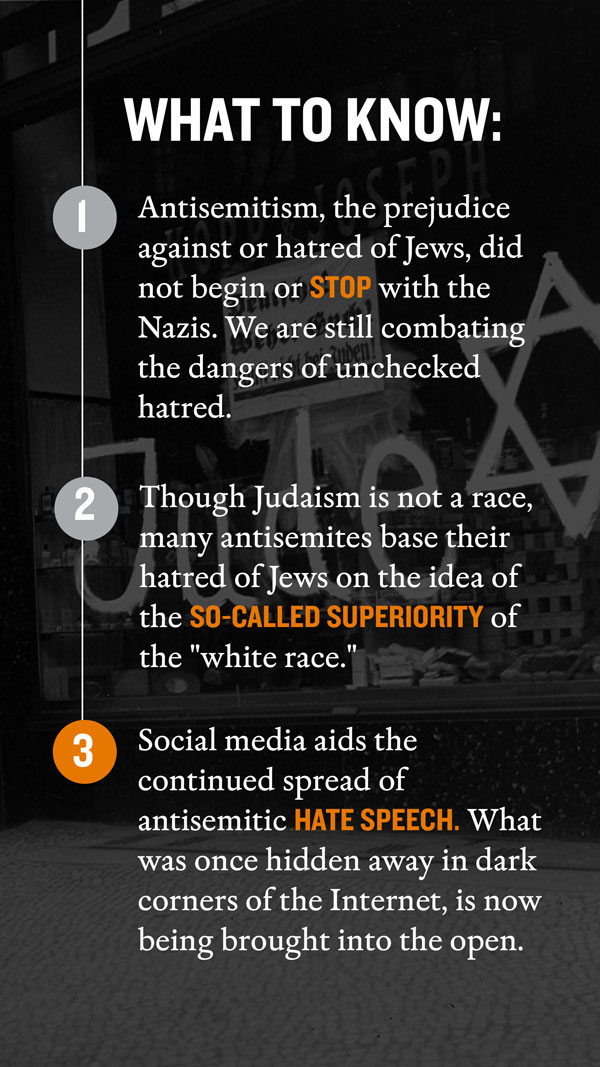2018-19Annual Report
Looking Ahead to the Next 25
The central question is how do we ensure the permanence of Holocaust memory, understanding, and relevance in a radically changing world? That's why our efforts in 2018 focused on: global Holocaust awareness, education, confronting antisemitism, and doing for victims of genocide today what was not done for the Jews of Europe.
Never Stop Asking Why
The Museum launched a socially led campaign focused on 18- to 30-year-olds and featuring people discussing questions the Holocaust raises for them. The 12-week campaign redefined how we engage with our audiences on social media.
60M
People Reached
1870%
Increase in Video Viewership
195K
New Social Media Followers
Moving history beyond our walls
Through the use of storytelling on Instagram, more than 100,000 people have clicked through to learn more about how Americans reacted to the persecution of European Jews. The majority of this audience was our key 18–30 age bracket—emerging adults we can help become responsible citizens in a global world.
0
and Counting
New Facebook and Instagram followers since social media campaign launch in 2018.
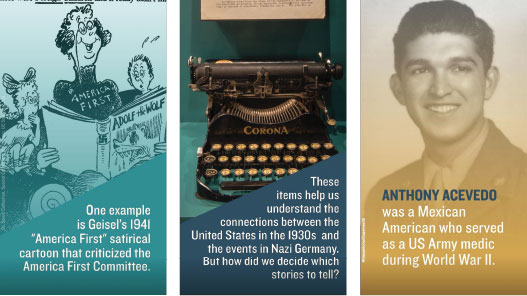
0
and Counting
To date, the online exhibition has been viewed more than 315,000 times by 172,000 people.
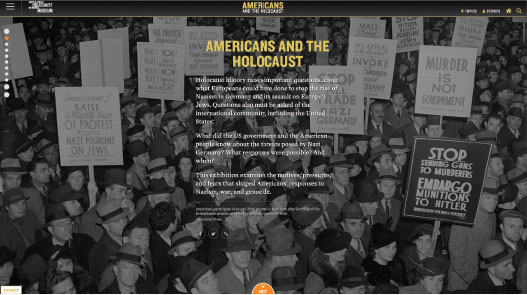
Global Audience
- Museum Visitors0
- 93% of visitors are non-Jewish, 22% are minorities, and 50% say their visit changed their thinking
- USHMM.org Visitors0
- From all countries except North Korea
- Social Media Audience0
- Growing fan and follower engagement on Twitter, Facebook, and Instagram
- Digital Streaming Audience0
- Viewers tuning in live or on demand for Museum programs
Academic conferences in North America, Ukraine, Israel, Guatemala, and China
Traveling exhibitions in North America, Tunisia, South Africa, and at the European Union headquarters
Collections Search tool accessed by 1,070,029 users worldwide
Experiencing History, a collections-based digital tool for college students, served 471 courses on 381 campuses.
perspectives.ushmm.org
A Holocaust Encyclopedia for the 21st Century
The online Holocaust Encyclopedia, in 18 languages, has long been a bedrock of accurate information about the Holocaust, and now it has been reimagined for today's wired young people with a focus on big questions that spark critical thinking.
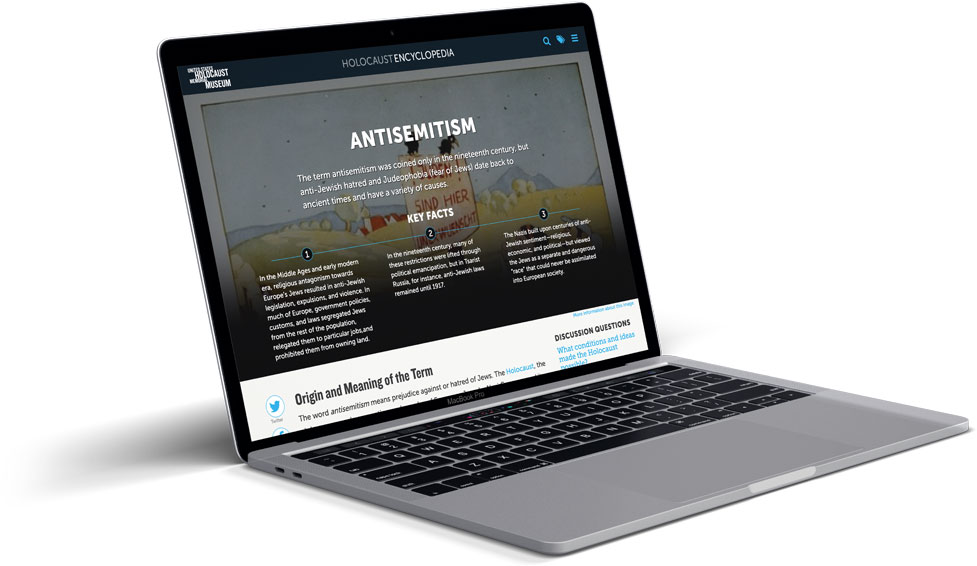
In 2018, the Holocaust Encyclopedia Had 18 Million Visitors From 215 Countries and Territories
Education Numbers
- Twitter Impressions0
- Comments Generated0
- Facebook Users Reached0
- Instagram Users Reached0
New lesson plans
The Museum created a new lesson plan to help teachers address antisemitic incidents in the news or that students might encounter online or in their communities.
0
Downloads
0K
Views
The EARLY WARNING PROJECT
The EARLY WARNING PROJECT, in partnership with Dartmouth College, uses quantitative and qualitative methods to spotlight countries where mass atrocities have not begun, but where the risk for such violence is high.
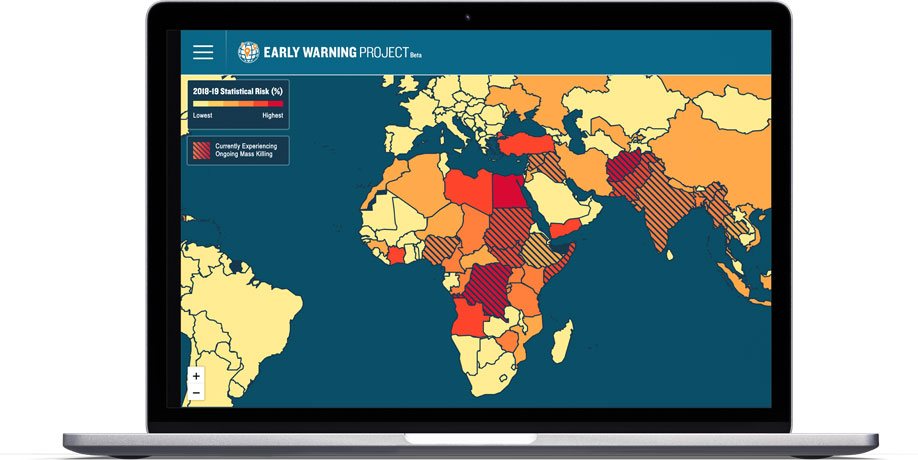
Burma Genocide Determination
In December, the Museum issued a determination that the Burmese military committed genocide against the Rohingya, the Muslim minority.
To raise awareness, Our Walls Bear Witness installation projected larger-than-life images and statements of Rohingya refugees on the Museum’s exterior walls:
Elie Wiesel Act Becomes Law
In 2018, the Elie Wiesel Genocide and Atrocities Prevention Act advanced through Congress with overwhelming bipartisan support. For more than three years, the Museum's Simon-Skjodt Center for the Prevention of Genocide provided expertise to lawmakers. The measures it requires will strengthen US capacity to prevent and respond to genocide.
